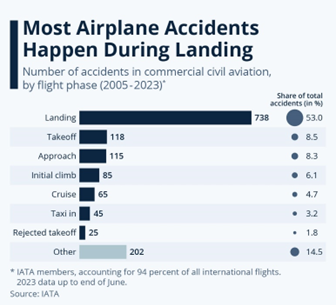TAG: GS 3: SCIENCE AND TECHNOLOGY
THE CONTEXT: Hepatitis B is a significant public health concern in India, as highlighted by a study conducted by Sir Ganga Ram Hospital, New Delhi.
EXPLANATION:
- Despite its potential to cause severe liver diseases such as cirrhosis and liver cancer, public knowledge and awareness regarding the disease remain inadequate.
Highlights of the Study:
- The study revealed that only 25% of respondents had sufficient knowledge about Hepatitis B, including its transmission methods, effects on the liver, and the importance of vaccination.
- This lack of awareness underscores the need for targeted information campaigns to address misconceptions and educational gaps surrounding the disease.
- Globally, Hepatitis B infection affects around 296 million people annually, leading to approximately 887,000 deaths due to complications.
- In India, where socio-demographic indices are lower, infection rates remain high despite the availability of an effective vaccine for over three decades.
- The prevalence of Hepatitis B surface antigen (HBsAg) positivity, indicating HBV infection, ranges from 2% to 8% in India.
- Recent meta-analyses suggest an overall prevalence of 3.70%, translating to about 37 million HBV carriers in the country.
- These statistics highlight the urgent need for increased awareness and vaccination efforts.
Study Methodology:
- The study conducted by Sir Ganga Ram Hospital involved a cross-sectional survey of over 3,500 participants to assess their knowledge and vaccination practices related to Hepatitis B.
- The survey evaluated four critical domains:
- cause and spread of the disease,
- affected organs and consequences,
- available treatments, and
- vaccination information.
Vaccination Coverage and Disparities:
- Alarmingly, only 22.7% of participants had completed the full Hepatitis B vaccination course.
- The study also identified disparities in vaccination uptake influenced by factors such as gender, education levels, and urban-rural divide.
- These disparities underscore the importance of ensuring accessibility to vaccination initiatives for all segments of the population.
Recommendations and Public Health Interventions:
- The need for targeted public health interventions to improve awareness and vaccination coverage has been emphasized.
- Educational campaigns should particularly focus on vulnerable populations, including women, older individuals, those with lower education levels, and rural residents.
- The importance of completing the full vaccination schedule for adequate efficacy has been stressed.
- It is common for individuals to miss the last dose of vaccination, which can compromise protection against Hepatitis B.
Hepatitis:
- Hepatitis is an inflammation of the liver that is caused by a variety of infectious viruses and noninfectious agents leading to a range of health problems, some of which can be fatal.
- There are five main strains of the hepatitis virus, referred to as types A, B, C, D and E.
- While they all cause liver disease, they differ in important ways including modes of transmission, severity of the illness, geographical distribution and prevention methods.
- In particular, types B and C lead to chronic disease in hundreds of millions of people and together are the most common cause of liver cirrhosis, liver cancer and viral hepatitis-related deaths.
- An estimated 354 million people worldwide live with hepatitis B or C, and for most, testing and treatment remain beyond reach.
- Hepatitis B is a liver infection caused by the hepatitis B virus.
- Some people with hepatitis B are sick for only a few weeks (known as “acute” infection), but for others, the disease progresses to a serious, lifelong illness known as chronic hepatitis B.


